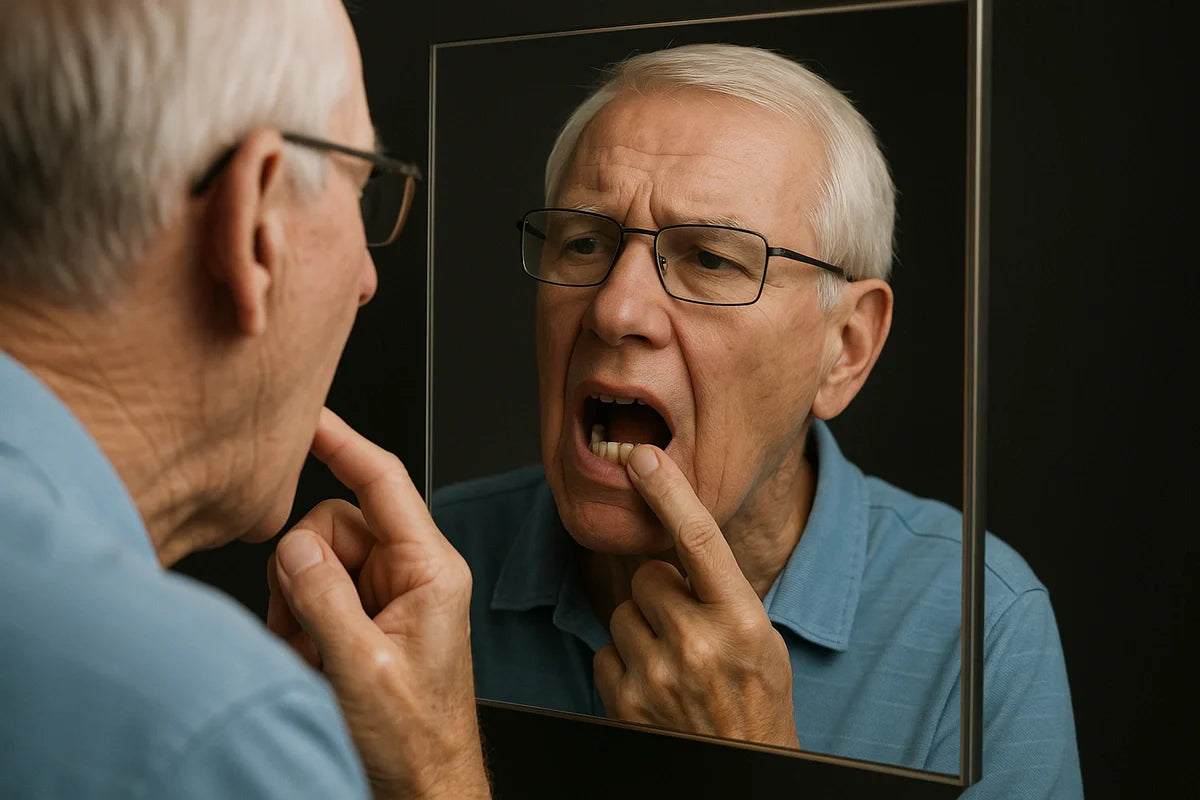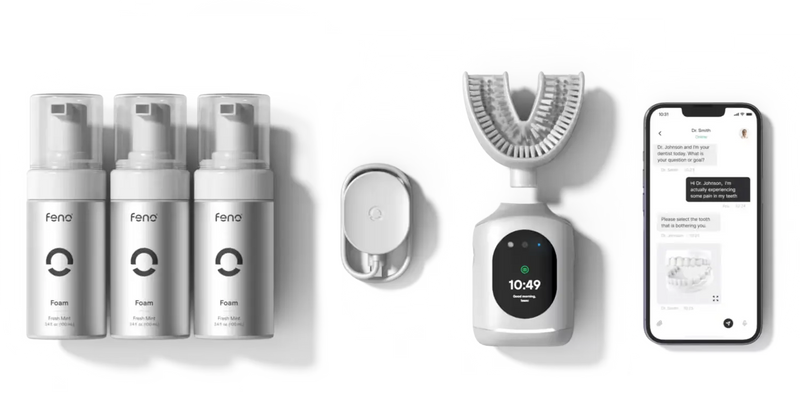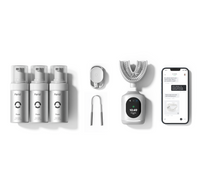
Why Stroke Affects Teeth and How to Protect Them
Essential Takeaways
- Stroke survivors are at higher risk for tooth mobility due to medication side effects, reduced motor function, and neglected oral care, but with proper prevention strategies and timely professional treatment, tooth loss can often be prevented and stability restored.
Stroke survivors face unique oral health challenges that can lead to loose teeth and potential tooth loss. Understanding these risks and available solutions is crucial for maintaining your dental health during recovery.
(Health Expectations, 2020)
Why Stroke Increases Tooth Mobility Risk
Motor Function Changes: Reduced hand coordination makes effective brushing and flossing difficult, leading to plaque buildup and gum disease.
Medication Side Effects: Many stroke medications cause dry mouth (xerostomia), reducing saliva's protective effects against bacteria and decay.
Neglected Oral Care: Physical limitations often result in inadequate daily hygiene, allowing harmful bacteria to accumulate and weaken tooth-supporting tissues.
Swallowing Difficulties: Food particles may remain in the mouth longer, increasing infection risk.
What Research Shows
Recent studies reveal concerning trends for stroke survivors:
- Higher tooth loss rates compared to the general population
- Increased periodontal disease and cavity development
- Reduced access to dental care due to mobility and transportation challenges
- Medication-induced dry mouth creating additional oral health risks
Prevention and Treatment Strategies
Daily Care Solutions
Advanced Technology: The Feno Smartbrush™ offers a breakthrough solution for stroke survivors with limited mobility. This AI-powered device provides a full-mouth clean in just 20 seconds using 18,000 bristles that brush all teeth simultaneously, eliminating the need for precise hand movements.
Traditional Adaptive Tools: Electric toothbrushes, water flossers, or specially designed grips can help overcome physical limitations.
Professional Treatment
- Early gum disease intervention at first signs of inflammation
- Periodontal therapy including deep cleaning and scaling
- Dry mouth management with saliva substitutes or medications
- Regular monitoring every 3-6 months
Nutritional Support
- Calcium-rich foods (dairy, leafy greens) for bone strength
- Vitamin D to enhance calcium absorption
- Hydrating foods to combat dry mouth
Advanced Oral Health Monitoring
The Feno system includes oral scanning technology that helps stroke survivors track their dental health remotely:
- AI analysis identifies plaque buildup and inflammation
- Connected oral health coaches provide professional feedback
- Ideal for patients with limited access to regular dental visits
Learn more about innovative oral care solutions at Feno.co
Key Takeaways
Tooth mobility after stroke is preventable and treatable. With the right combination of adaptive oral care tools, professional treatment, and consistent daily hygiene, stroke survivors can maintain healthy teeth and gums.
Bottom Line: Research shows that stroke survivors can preserve their dental health through evidence-based prevention strategies, innovative technology solutions, and timely professional care tailored to post-stroke needs.

Feno Founders Edition Bundle
Advanced Oral Health in 20 Seconds with the Feno Smartbrush™
Get Yours Now!





